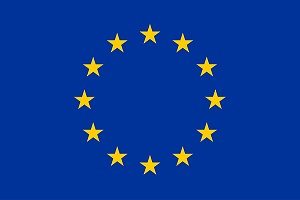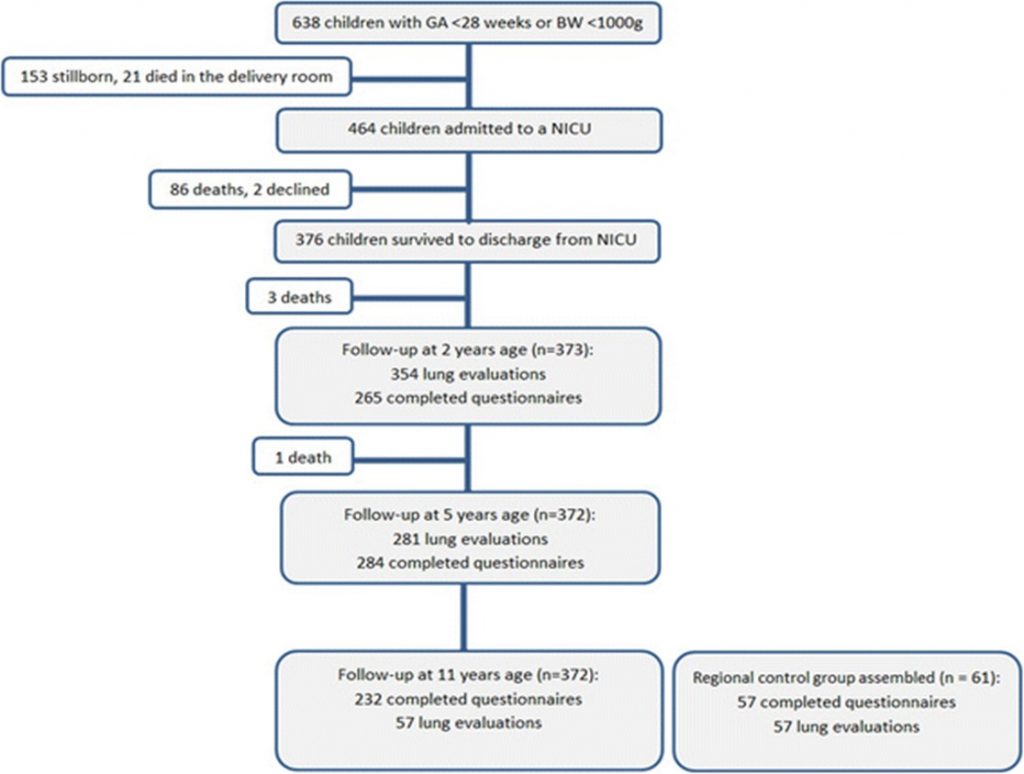We are delighted to present you a third example of our series about cohorts of the EU-funded project „Research on European Children and Adults born Preterm“ (RECAP preterm): the Project Extreme Prematurity (PEP) from Norway. Find out more in this article by the researchers Maria Vollsæter, Thomas Halvorsen, and Trond Markestad.
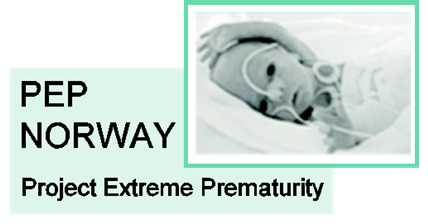 The purpose of Project Extreme Prematurity (PEP) is to study short and long-term health and well-being in children born extremely prematurely. Survival after preterm birth is now the rule rather than the exception, also for those born at extremely low gestational ages, and we need to know how these children are doing as they grow up, becoming children, teens and adults. Such knowledge is imperative to improve treatment during pregnancy, the neonatal period and later in life. The knowledge will contribute to better outcomes for prematurely born children throughout their lifespan, and facilitate support to their families.
The purpose of Project Extreme Prematurity (PEP) is to study short and long-term health and well-being in children born extremely prematurely. Survival after preterm birth is now the rule rather than the exception, also for those born at extremely low gestational ages, and we need to know how these children are doing as they grow up, becoming children, teens and adults. Such knowledge is imperative to improve treatment during pregnancy, the neonatal period and later in life. The knowledge will contribute to better outcomes for prematurely born children throughout their lifespan, and facilitate support to their families.
![]()
PEP is a nationwide prospective population based study encompassing all children born in Norway in 1999-2000 at a gestational age below 28 weeks (extremely preterm) or with a birth weight below 1000 gram (extremely low birth weight). PEP rests on written informed consent from parents or guardians.
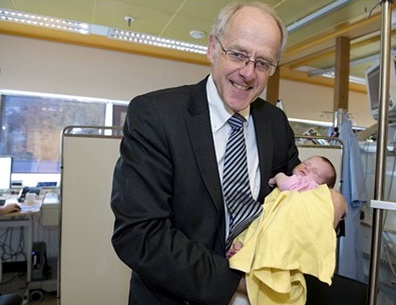
Professor Emeritus Trond Markestad
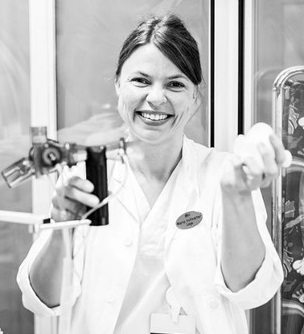
MD, PhD, Postdoctor Maria Vollsæter
Professor Emeritus Trond Markestad (picture: left), former neonatologist and researcher at Haukeland University Hospital (HUH), founded PEP in 1999 and was its director through its first 18 years. The study was originally a collaboration between HUH, the Norwegian Institute of Public Health, and the obstetric and neonatal intensive care units treating extremely premature infants in Norway in 1999-2000. Currently, HUH is responsible for the PEP study and its database, organized through the research group “WestPaed Research”.
The founder and former director of the PEP 1999-2000 study, Professor Emeritus Trond Markestad (left) and the current director, MD, PhD, Postdoctor Maria Vollsæter (picture: right).
What have we done so far?
We have recorded comprehensive clinical and questionnaire-based data on the included children from their pregnancy, neonatal period and at 2, 5 and 11 years of age. This far (2018), five PhDs and a range of scientific and ‘popular’ articles have been published based on these data.
Flow chart illustrating the PEP study from 1999 to 2012
Where to find us?
www.helse-bergen.no/pep
www.westpaed.com
Please note:
The RECAP preterm project has received funding from the European Union’s Horizon 2020 research and innovation programme under grant agreement No 733280.
